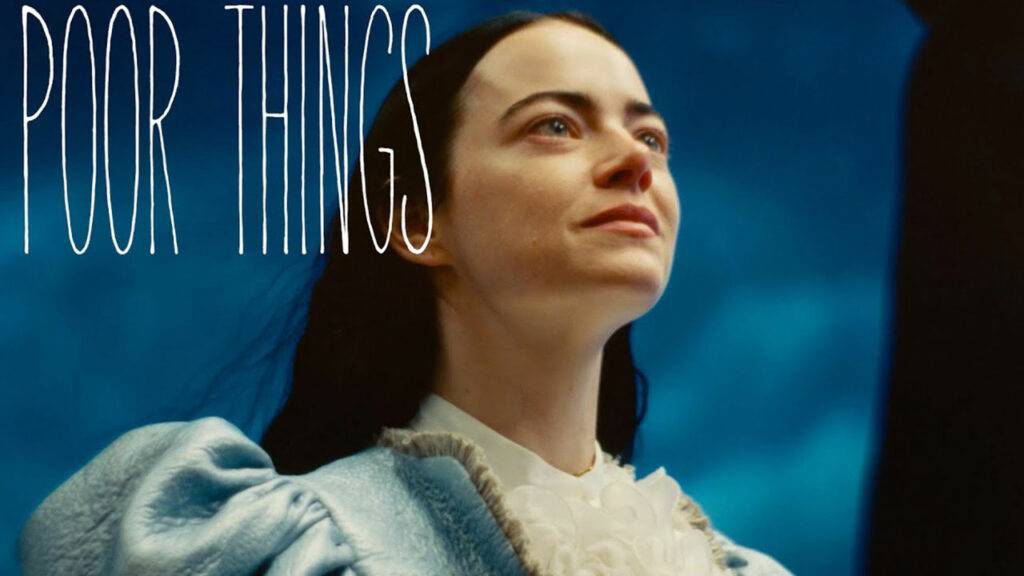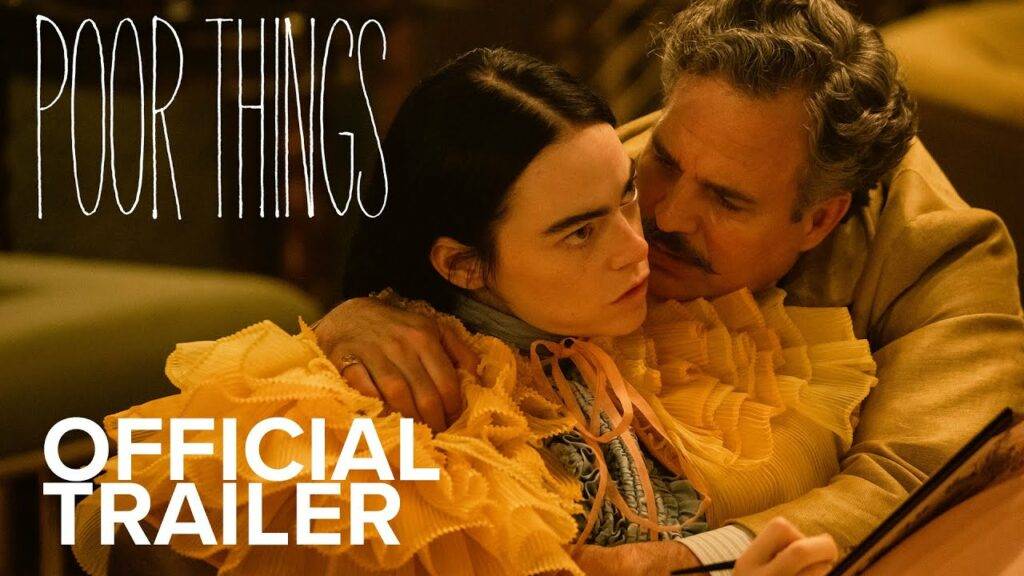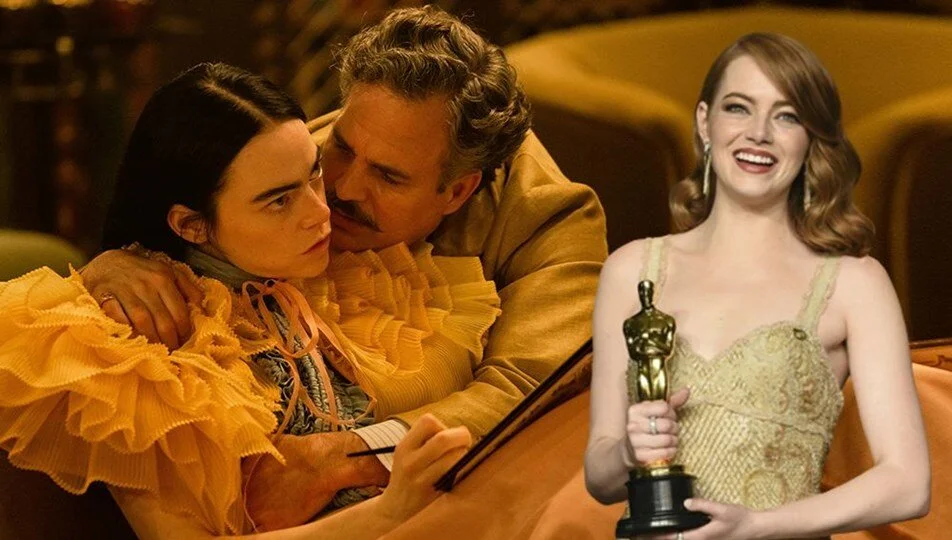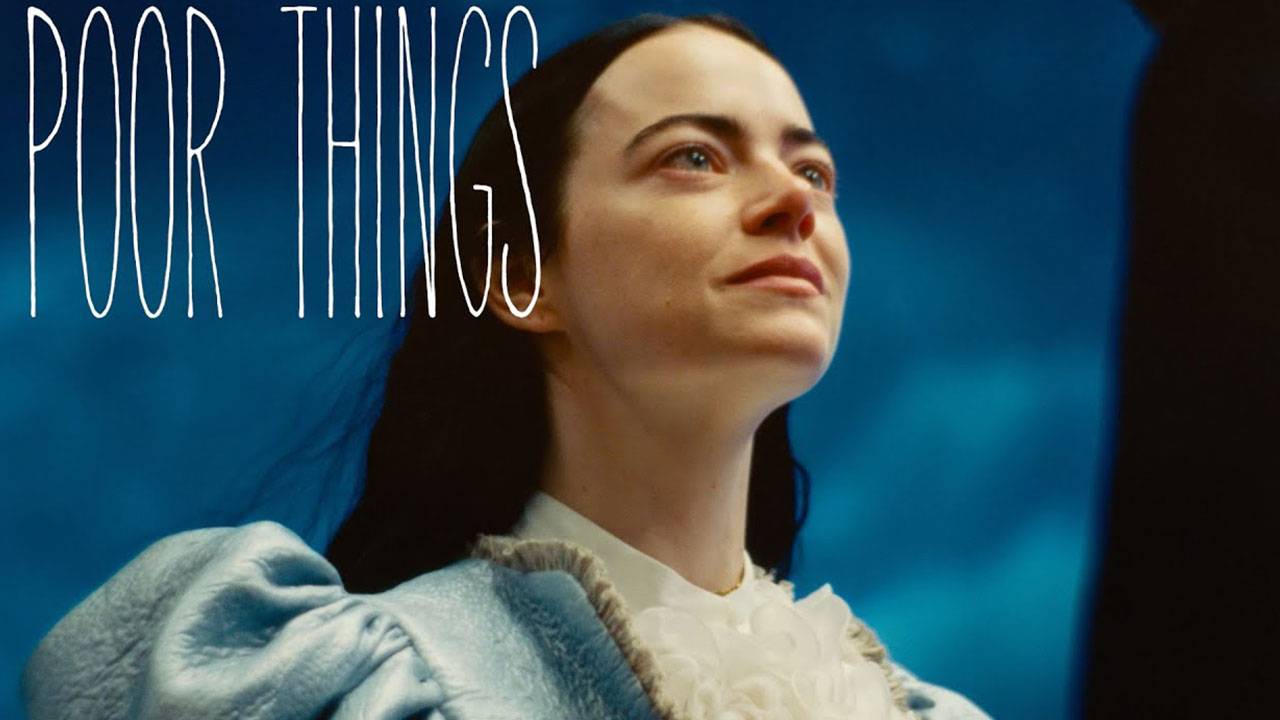“Poor Things” captivates audiences with its enigmatic narrative, exploring the boundaries of life, death, and ethical dilemmas. Stemming from Alasdair Grey’s novel, the tale follows Bella’s resurrection with her baby’s brain. As the film adaptation unfolds, questions arise about its roots in reality. Delve into the intriguing world of “Poor Things” as fiction blurs with fantasy.

Is Poor Things Based on a True Story?
“Poor Things” is a film that has intrigued audiences with its unique storyline and captivating performances. One question that often arises is whether the narrative is grounded in reality or if it is purely a work of fiction. In this exploration, we delve into the origins of “Poor Things” to determine if it is based on a true story.
The film is adapted from the novel of the same name by Alasdair Grey, a male author known for his distinct literary style. The central plot revolves around Bella, a character brought back to life through a reconstruction that involves the use of her own baby’s brain. This premise, undoubtedly intriguing, prompts many to wonder about the inspiration behind such a narrative twist.

Alasdair Grey’s novel, which serves as the foundation for “Poor Things,” delves into a world where the boundaries between life and death are blurred. However, it is crucial to note that Grey’s creation is a work of fiction, and the fantastical elements within the story are products of his imaginative prowess.
While the novel itself may touch upon societal dynamics and power struggles, it is not inherently feminist in tone, contrary to some interpretations. The transition from page to screen introduces a new dimension to the narrative. The film adaptation of “Poor Things” features notable talents such as Yorgos Lanthimos and Emma Stone, further fueling interest in its thematic elements.
However, despite the cinematic allure, the question of whether “Poor Things” is rooted in real events remains unanswered. Several sources confirm that “Poor Things” is not based on a true story. Alasdair Grey’s imaginative narrative, while thought-provoking and at times challenging societal norms, does not have its roots in historical events or real-life figures.

The film, despite its engaging storytelling and thought-provoking themes, is a creative endeavor rather than a depiction of actual occurrences. It is essential to rely on credible sources to discern the authenticity of the narrative’s origins. While the storyline may prompt discussions on feminism, exploitation, and societal dynamics, separating the fictional elements from reality is key to understanding the true nature of “Poor Things.”
As audiences continue to explore the intricacies of “Poor Things,” it is crucial to appreciate the artistic expression and storytelling prowess that contribute to its allure, even if the story itself is not grounded in true events.





